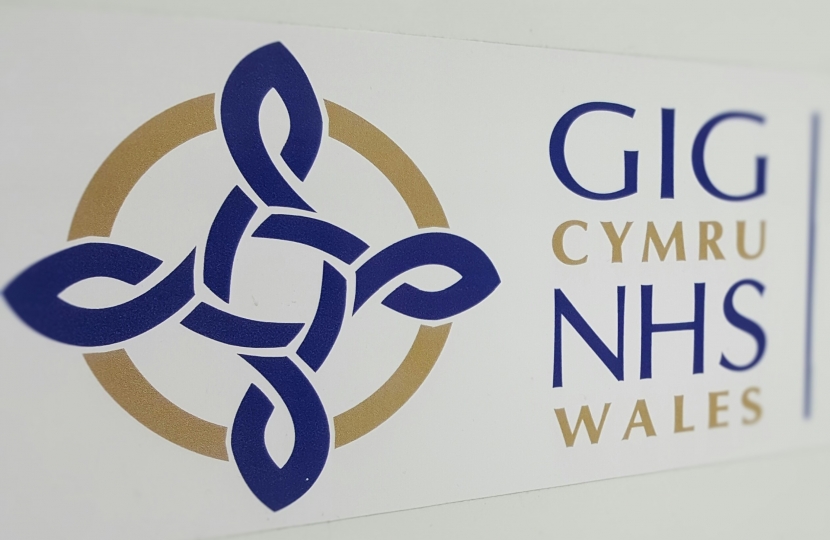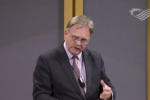
In Cervical Cancer Prevention Week, North Wales Assembly Member Mark Isherwood has called on the Welsh Government to play a part in efforts to raise awareness of the common virus HPV and the role of cervical cancer screening in preventing cervical cancer.
Speaking in yesterday’s Business Statement in the Welsh Parliament, Mr Isherwood highlighted the Jo's Cervical Cancer Trust campaign to end the stigma around the Human Papilloma Virus (HPV) Infection, and to raise awareness of this really common virus, and asked what action the Health Secretary is taking to also raise awareness.
Calling for a Welsh Government Statement on Cervical Cancer Prevention, he said:
“Jo's Cervical Cancer Trust states that the Cervical Screening Programme in Wales is now testing all samples for HPV first, but notes, amongst other things, that they still hear regularly from women who feel ashamed, embarrassed, confused after being told they have HPV.
“Myths around HPV may further discourage women from attending their screening tests. So, could I call for a Statement responding to their call for detail from the Welsh Government on the steps that the Health Secretary is taking to increase understanding of HPV following the cervical screening programme move to HPV primary screening”.
The Trefnydd Rebecca Evans AM, responded: “The Health Minister was really keen for me to make the point that, actually, there's no shame involved in any of this, and that it is important that the tests are undertaken. We have more sensitive tests here in Wales, which will mean that we are able to intervene and save lives early, and also now, of course, we're rolling out the vaccinations to boys as well”.
Mr Isherwood added: “Jo’s Cervical Cancer Trust states ‘The cervical screening programme in Wales is now testing all samples for HPV first, which is a much more accurate way of identifying women at a greater risk of cervical cancer’.
“We really do need to make people aware that HPV is a very common virus that 80% of us will have in our lives and to dispel the many myths and stigma around the virus”.
